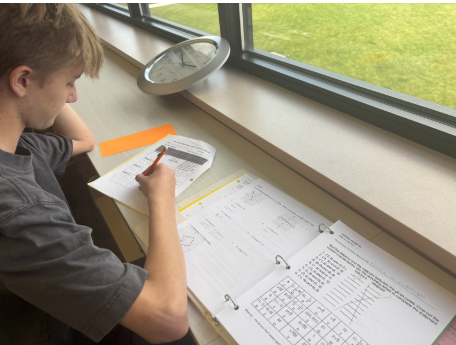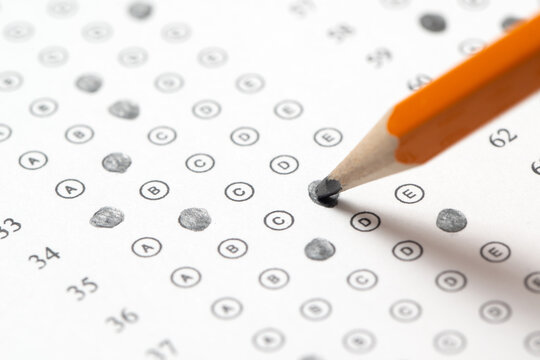Registration is approaching, leaving many students worried about what choice is best for them. The content, difficulty, homework levels, and final are a big part of the class, usually determining each student’s grade. Logically, it is all a big part of determining which class level to register for.
Here are the easiest AP classes according to Grandview Student Consensus:
AP Environmental Science:
AP Environmental Science teaches you to not only understand the environment but also work on issues and problems linked with it. You develop ways to solve these problems, including scientific methods that affect our environment and society. This has a light workload and easy assignments – and it adds a good look to your college resume.
AP Statistics
AP Statistics is a college-level course that teaches students major concepts and tools for collecting and analyzing data and drawing good conclusions from it. Students learn four major themes: exploration of data, planning and carrying out a study, statistical modeling, and statistical inference.
AP Psychology
Advanced Placement Psychology teaches students the major topics of psychology as well as methods and practices. With minimal (depending on the teacher) homework, interesting lectures, and a vocab-intensive class, this can be used to boost your GPA. And due to the advanced nature of the course, grades will be weighted.
AP Precalculus
Students with strong mathematical abilities who plan to pursue STEM or business should consider taking this math class. Students will study functions, polar and parametric equations, series and sequences, limits, and more. This class has homework assigned after every class to follow up on learning, though it is not extremely time-consuming. There is no curve except on the final (square root curve provided), but corrections will be provided on the condition of completing homework.
AP Music Theory
The goal of AP Music Theory is to develop a student’s ability to recognize, understand, and describe the basic materials and processes of music that are heard or presented. Students will develop analytical skills, performance skills, aural skills, and compositional skills. Before taking this course, students should know their major key signatures, be able to read and write musical notation, and have basic performance skills in voice or on an instrument. Due to the advanced nature of the class, grades will be weighted.










Nic Woods • Feb 10, 2025 at 9:48 am
I’m currently taking AP Music Theory along with AP Government & Politics, AP Calculus BC, AP Biology, and AP English Literature & Composition, and I would actually say that Music Theory is one of my hardest classes. Even as an experienced pianist and clarinetist, Music Theory can be very difficult at times and requires learning a lot of new concepts. I wouldn’t recommend it to many students – especially those who are looking for “easy” classes, and I’m honestly pretty stunned that Music Theory was included in this list.